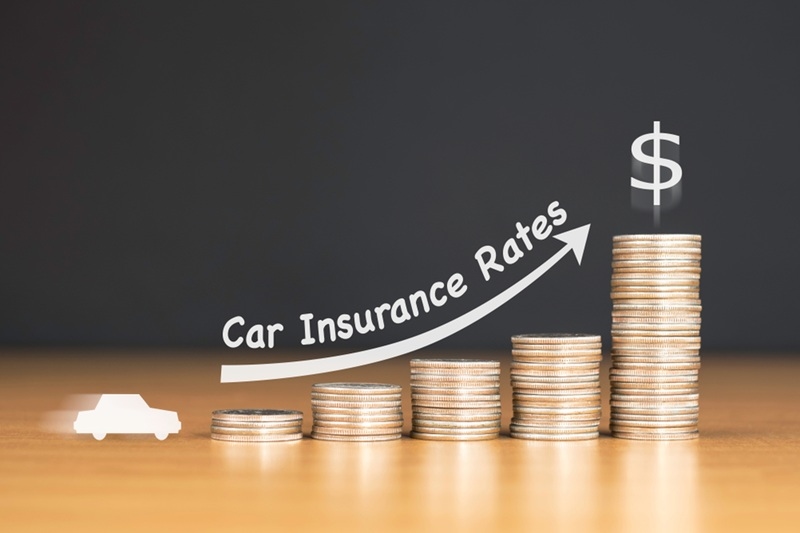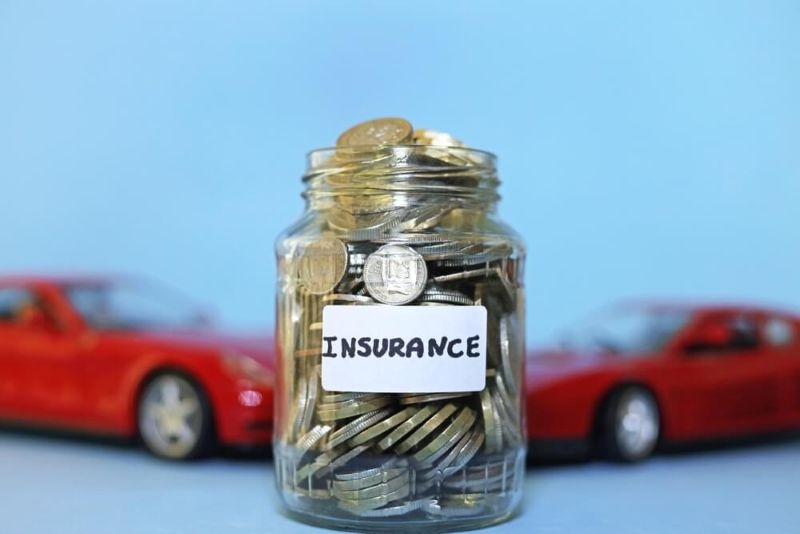Get Affordable Car Insurance Plans for Young Drivers
Get Affordable Car Insurance Plans for Young Drivers


Navigating the world of car insurance can be particularly challenging for young drivers. Due to a combination of inexperience, statistical data, and higher risk factors, insurance premiums for young drivers tend to be significantly higher compared to more seasoned drivers. However, with careful research and an understanding of how insurance rates are determined, young drivers can find affordable insurance plans that offer both coverage and savings. This comprehensive guide delves into the best car insurance options for young drivers, factors influencing insurance costs, and potential ways to reduce premiums.
Top Car Insurance Options for Young Drivers
When seeking the best car insurance for young drivers, it's essential to consider both affordability and quality of coverage. Leading insurance providers known for offering competitive rates for younger drivers include:
- Geico: Geico is renowned for its competitive pricing and user-friendly mobile app, which is particularly beneficial for young drivers who value technology and convenience.
- State Farm: Known for its wide range of discounts and personalized service, State Farm is a solid choice for young drivers looking for comprehensive coverage at a reasonable cost.
- Progressive: Progressive’s Snapshot program allows young drivers to potentially lower their rates based on their driving habits, making it a popular option for those who are safe and cautious on the road.
- Allstate: Allstate offers a variety of discounts tailored for young drivers, including safe driving discounts and academic achievement incentives.
Understanding Car Insurance Costs for Young Drivers

Understanding car insurance costs for young drivers involves recognizing the key factors that drive up premiums. Young drivers often face higher insurance rates due to their inexperience, which statistically increases the likelihood of accidents. Insurance companies assess risk based on age, driving history, and the type of vehicle. Young drivers typically pay more for insurance because they are statistically more prone to accidents and traffic violations.
Additionally, the vehicle’s make and model, as well as the driver’s location, play significant roles in determining costs. Urban areas with high traffic density tend to have higher premiums compared to rural areas. To manage these costs, young drivers can seek discounts for good grades, safe driving habits, and completing defensive driving courses. Understanding these factors can help young drivers find more affordable insurance options while ensuring they have the coverage they need.
Average Car Insurance Costs by State for Young Drivers
Car insurance costs for young drivers fluctuate significantly across different states. For instance:
- Michigan: Known for having some of the highest car insurance rates in the country, young drivers in Michigan can face premiums upwards of $6,000 annually.
- California: In contrast, young drivers in California might pay around $2,500 to $4,000 per year, benefiting from a competitive insurance market and various state regulations.
- Texas: Average premiums for young drivers in Texas are approximately $3,000 to $4,000 annually, reflecting a moderately high cost compared to the national average.
- New York: In New York, young drivers may encounter rates between $4,000 and $5,500 annually, influenced by urban density and high insurance costs.
Factors Influencing Insurance Rates for Young Drivers
Car insurance rates for young drivers are influenced by several key factors, reflecting both their driving risk profile and the specifics of their vehicle and location. Here’s a closer look at the primary determinants:
1. Age and Gender
Age is a critical factor in determining insurance rates. Statistically, younger drivers, especially those under 25, are more likely to be involved in accidents. This increased risk is reflected in higher premiums. Gender also plays a role; young male drivers generally face higher rates than their female counterparts due to a higher incidence of risky driving behaviours among males.
2. Driving Record
A driver’s history is a major factor in setting insurance rates. Those with a clean record—free from accidents and traffic violations—typically receive lower premiums. Conversely, a history of accidents, speeding tickets, or claims can significantly raise insurance costs, as insurers view these drivers as higher risk.
3. Vehicle Type
The make, model, and age of the vehicle impact insurance rates. High-performance or luxury vehicles often come with higher insurance costs due to their increased repair and replacement expenses. Conversely, safer, more affordable cars generally attract lower premiums.
4. Location
Where a driver lives affects insurance costs. Urban areas with dense traffic and higher rates of accidents and theft tend to have higher premiums. In contrast, rural areas, with less traffic and lower accident rates, usually offer more affordable insurance options.
5. Coverage Levels and Deductibles
The amount of car insurance coverage selected and the deductible amount also influences premiums. Higher coverage limits and lower deductibles typically result in higher premiums, while choosing a higher deductible can reduce the cost of insurance.
By understanding these factors, young drivers can better navigate their insurance options and find ways to potentially lower their premiums.
Discounts Available for Young Drivers
Young drivers can take advantage of various discounts to help reduce their insurance premiums, making coverage more affordable. Here are some common discounts available:
1. Good Student Discount
Many insurance companies offer discounts to students who maintain a high GPA, typically 3.0 or higher. This discount rewards academic excellence and is based on the idea that responsible students are likely to be responsible drivers.
2. Safe Driver Discount
Drivers with a clean driving record, free from accidents and traffic violations, may qualify for a safe driver discount. This discount reflects a driver’s commitment to safe driving practices.
3. Defensive Driving Course Discount
Completing a certified defensive driving course can lead to a discount. These courses teach advanced driving techniques and emphasize safety, which can reduce accident risk and, consequently, insurance costs.
4. Low Mileage Discount
If a young driver doesn’t drive often, they may qualify for a low mileage discount. Insurance companies recognize that less time on the road reduces the likelihood of accidents, thus offering a discount for lower annual mileage.
5. Bundling Discounts
Young drivers who bundle their car insurance with other policies, such as renters or homeowners insurance, can often receive a discount. This approach leverages multiple policies with one provider for reduced rates.
By exploring and applying these discounts, young drivers can significantly lower their insurance premiums while maintaining adequate coverage.
You may also like to read: Save on Car Insurance: Protecting Your Car and Your Wallet
Conclusion
While finding affordable car insurance as a young driver can be challenging, it is certainly achievable with the right approach. By understanding the factors that influence insurance rates and exploring available discounts, young drivers can secure coverage that meets their needs without breaking the bank. Researching various insurance providers, comparing rates, and taking advantage of discounts are key strategies for managing insurance costs effectively. Remember, the goal is not just to find the cheapest option but also to ensure that you have adequate coverage for your needs and circumstances.
FAQs
How much will my car insurance increase when I add a young driver to my policy?
Adding a young driver to your car insurance policy typically results in a significant increase in premiums. This is due to the higher risk associated with younger, less experienced drivers. On average, you might see a premium increase of 20% to 40%, but this can vary based on factors such as the driver’s age, driving record, and the type of vehicle. To get an accurate estimate, it’s best to contact your insurance provider and discuss your specific situation.
Which is the best auto insurance discount for a teenager?
The best auto insurance discount for a teenager is often the good student discount. Many insurers offer this discount to students who maintain a high GPA, reflecting their responsible nature and potential for safe driving. Other valuable discounts for teenagers can include those for completing a defensive driving course or for low mileage if the teenager drives infrequently. These discounts help reduce the overall cost of insurance and reward responsible behaviour.
Which car insurance is the cheapest for young drivers?
The cheapest car insurance for young drivers is often found with providers like Geico, State Farm, and Progressive. These companies are known for their competitive rates and various discounts tailored for young drivers. Geico, in particular, offers affordable rates and a user-friendly app, while State Farm provides personalized service and discounts. Progressive's Snapshot program also allows for potential savings based on driving habits. It’s advisable to compare quotes from multiple insurers to find the most affordable option for your specific needs.
This content was created by AI



